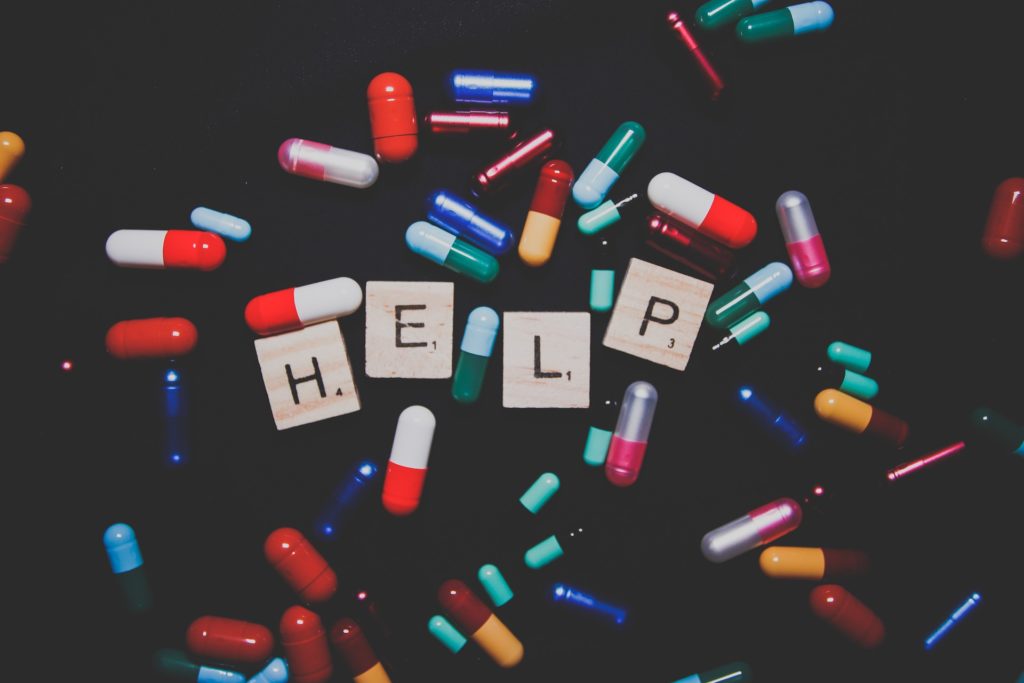
There has been concern that common diabetes drugs could increase the risk of suicide and self-harm. A new study led by researchers at Karolinska Institutet.
GLP-1 analogues are drugs used by millions of people worldwide to lower blood sugar levels. They are primarily used to treat diabetes, but medications like Ozempic have also been found to be effective against obesity, which has contributed to their growing popularity.
Both American and European drug regulators have simultaneously cautioned about potential risks associated with the drugs.
Last year, the European Medicines Agency (EMA) launched an investigation into approximately 150 reported potential cases of suicidal thoughts and self-injury linked to the use of GLP-1 analogues.
The investigation concluded in the spring. Based on the limited data available at the time, it was determined that there were no obvious connections. Researchers at the Karolinska Institutet can now further support this conclusion. They have analyzed large amounts of data from people treated with GLP-1 analogues in Sweden and Denmark.
“We found no clear link between the use of the drugs and an increased risk of suicide, self-harm, or depression and anxiety-related disorders. This is reassuring,” says Björn Pasternak, principal researcher at the Department of Medicine, Solna, Karolinska Institutet, and one of the study’s lead authors.
The data includes around 300,000 adults aged 18–84 who began treatment with either GLP-1 analogs or SGLT2 inhibitors, another type of diabetes medication, between 2013 and 2021.
After a mean follow-up period of just over two years, there was no apparent increase in the proportion of individuals who committed suicide, engaged in self-harm, or suffered from depression or anxiety-related disorders among users of GLP-1 receptor agonists.
Peter Ueda, an assistant professor at the same department and one of the main authors of the study, emphasizes the importance of conducting larger studies to collect more data.
“It is important to specifically examine people with previous self-harm or suicidal thoughts as they are at increased risk and it is possible that the drug’s safety profile differs in this group,” he says.